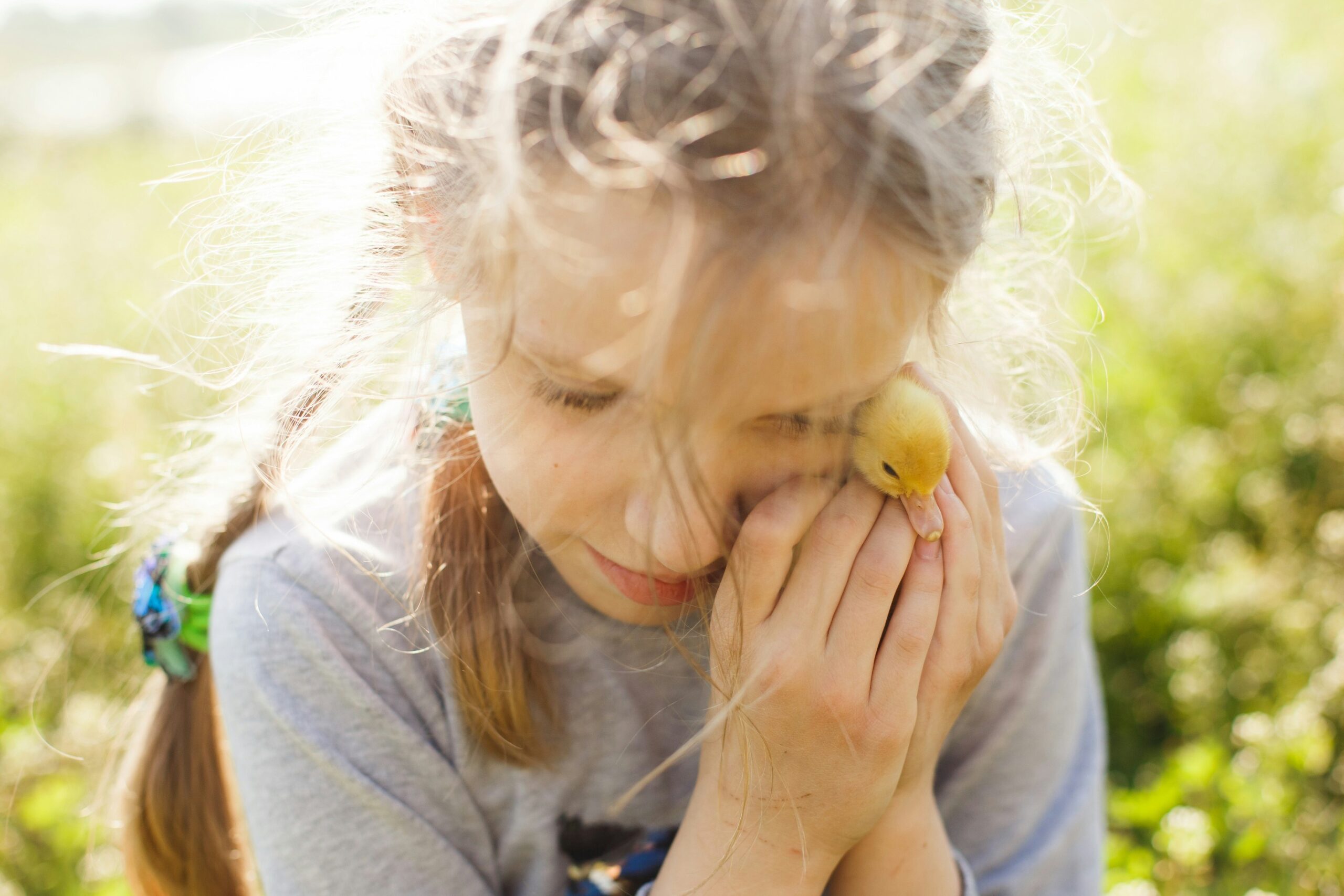Is your child an introvert? Recognizing this can be incredibly helpful, not just for understanding your child’s needs but also for supporting their growth and development. Introverted children enjoy their own company and the world of their ideas, but they also bring unique strengths that are sometimes overlooked because they’re quieter. This article will help you spot the signs of an introverted child and show you how to encourage and support them effectively.
Understanding Introversion
- What It Means to Be Introverted
-
- Introversion is a personality trait characterized by finding comfort in solitude and often needing less stimulation from the outside world to feel content. It’s important to know that being introverted is completely natural and simply one way of interacting with the world.
10 Common Signs of Introverted Kids
- Prefers Being Alone
-
-
- Chooses solitary activities over group engagements, such as reading, crafting, or playing with puzzles.
-
- Thinks and Watches Quietly
-
-
- Often seen observing others rather than immediately joining in. They think things through deeply.
-
- Slow to Join In
-
-
- Introverted children might hang back in group activities, watching and deciding when or if they want to join in.
-
- Tired from Too Much Talking
-
-
- Social interactions, especially large groups, can leave introverts feeling exhausted and in need of downtime.
-
- Likes Serious Talks Over Small Talk
-
-
- They find more enjoyment and comfort in meaningful conversations compared to casual chatting.
-
- Few Close Friends
-
-
- Typically, introverted children will have a smaller group of friends, but they are usually very close and trusted companions.
-
- Easily Overwhelmed in Busy Places
-
-
- Loud and chaotic environments can be overwhelming, making them uncomfortable.
-
- Knows Their Own Feelings Well
-
-
- Introverts are often very self-aware, understanding their emotions and reactions better than most.
-
- Loves to Create and Imagine
-
-
- Their rich inner world is often a source for creativity and imagination, enjoying arts, writing, and imaginative play.
-
- Very Loyal and Caring
- They value deep connections and are empathetic and committed to their friends.
How to Support Your Introverted Child
- Respect Their Need for Alone Time
-
-
- It’s crucial to respect their need for privacy and quiet. Allow them their space without pushing them to be more outgoing.
-
- Create a Comfortable Social Environment
-
-
- Instead of large parties, facilitate small gatherings with one or two friends to help them feel more at ease.
-
- Encourage and Support Their Interests
-
-
- Provide resources and opportunities to explore their passions, whether it’s art supplies, books, or classes in areas they’re curious about.
-
- Teach Them to Advocate for Themselves
-
- Help them express their needs and preferences in social settings, and to find ways to recharge if they feel overwhelmed.
Conclusion
If you’re seeing signs that make you think, “Is your child an introvert?” it’s a wonderful insight into how they experience the world. Embracing their introverted nature allows you to provide the support they need to thrive. Remember, introverted children can lead incredibly rich and fulfilling lives, especially with the understanding and support of their loved ones.
Expanded FAQs
Q: Should I be worried if my child prefers to play alone?
A: Not at all! Playing alone allows introverted children to explore their inner world and creativity. It’s a normal part of being an introvert.
Q: How can introverts succeed in school?
A: Introverts often do well in school because they are reflective and thoughtful. Supporting them in participating in class in their own way and providing quiet study spaces can be very helpful.
Q: My child seems shy; is shyness the same as introversion?
A: While they might seem similar, shyness is about fear of social judgment, whereas introversion is simply a preference for less stimulation. It’s helpful to understand which one your child is experiencing to support them appropriately.
Q: How can I help my introverted child handle large family gatherings?
A: Talk to them beforehand about the event, discuss how they can take breaks if needed, and let them know their feelings are understood and respected.
Q: Do introverts need more sleep than extroverts?
A: They don’t necessarily need more sleep, but introverts do need quiet time to unwind and recharge after socializing, which can sometimes include extra rest or sleep.
By providing a deeper understanding and more context, this expanded content helps further enrich the discussion about introverted children, assisting parents and educators in better supporting their developmental




